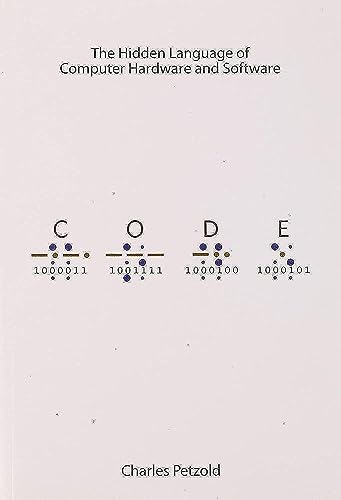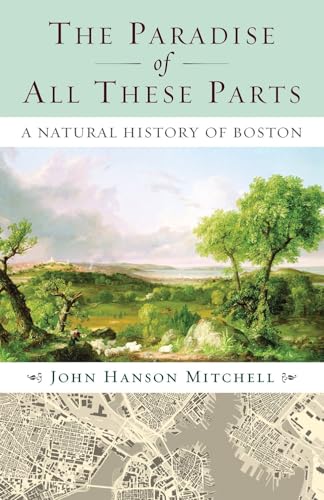DRCs Reading List 2009
Explore DRCs Reading List 2009: A curated collection of must-read books from 2009. Discover top picks, hidden gems, and literary favorites for your next great read.


Book
The Complete Tales of Winnie-The-Pooh
by A. A. Milne
This exquisite, deluxe edition contains the complete illustrated texts of both Winnie-the-Pooh and The House at Pooh Corner. In full-color and featuring a satin ribbon marker, it is the perfect gift and a cornerstone of every family's bookshelf. Since 1926, Winnie-the-Pooh and his friends—Piglet, Owl, Tigger, Kanga, Roo, and the ever doleful Eeyore—have endured as the unforgettable creations of A. A. Milne, who wrote two books of Pooh’s adventures for his son, Christopher Robin, and Ernest H. Shepard, who lovingly gave them shape through his iconic and beautiful illustrations. These characters and their stories are timeless treasures of childhood that continue to speak to all of us with the kind of freshness and heart that distinguishes true storytelling. This deluxe volume brings both Pooh stories—Winnie-the-Pooh and The House at Pooh Corner—together in one beautiful, full-color edition. The texts are complete and unabridged, and all of the illustrations, each gloriously recolored, are included. Elegant yet simple, whimsical yet wise, this classic edition is a book to savor and treasure. The perfect gift for holiday, to welcome a new baby, or for your favorite collector and book lover.



Book
An introduction to information theory
by John Robinson Pierce
Behind the familiar surfaces of the telephone, radio, and television lies a sophisticated and intriguing body of knowledge known as information theory. This is the theory that has permeated the rapid development of all sorts of communication, from color television to the clear transmission of photographs from the vicinity of Jupiter. Even more revolutionary progress is expected in the future. To give a solid introduction to this burgeoning field, J. R. Pierce has revised his well-received 1961 study of information theory for an up-to-date second edition. Beginning with the origins of the field, Dr. Pierce follows the brilliant formulations of Claude Shannon and describes such aspects of the subject as encoding and binary digits, entropy. language and meaning, efficient encoding , and the noisy channel. He then goes beyond the strict confines of the topic to explore the ways in which information theory relates to physics, cybernetics, psychology, and art. Mathematical formulas are introduced at the appropriate points for the benefit of serious students. A glossary of terms and an appendix on mathematical notation are provided to help the less mathematically sophisticated. J. R. Pierce worked for many years at the Bell Telephone Laboratories, where he became Director of Research in Communications Principles. He is currently affiliated with the engineering department of the California Institute of Technology. While his background is impeccable, Dr. Pierce also possesses an engaging writing style that makes his book all the more welcome. An Introduction to Information Theory continues to be the most impressive non-technical account available and a fascinating introduction to the subject for laymen. "An uncommonly good study. . . . Pierce's volume presents the most satisfying discussion to be found."? Scientific American.



Book
Around the World in Eighty Days
by Jules Verne
Around the World in Eighty Days (1873) relates the hair-raising journey made as a wager by the Victorian gentleman Phileas Fogg, who succeeds - but only just! - in circling the globe within eighty days. The dour Fogg's obsession with his timetable is complemented by the dynamism and versatility of his French manservant, Passepartout, whose talent for getting into scrapes brings colour and suspense to the race against time.


Book
The Origins of Virtue
by Matt Ridley
If, as Darwin suggests, evolution relentlessly encourages the survival of the fittest, why are humans compelled to live in cooperative, complex societies? In this fascinating examination of the roots of human trust and virtue, a zoologist and former American editor of the Economist reveals the results of recent studies that suggest that self-interest and mutual aid are not at all incompatible. In fact, he points out, our cooperative instincts may have evolved as part of mankind's natural selfish behavior—by exchanging favors we can benefit ourselves as well as others.Brilliantly orchestrating the newest findings of geneticists, psychologists, and anthropologists, The Origins of Virtue re-examines the everyday assumptions upon which we base our actions towards others, whether in our roles as parents, siblings, or trade partners. With the wit and brilliance of The Red Queen, his acclaimed study of human and animal sexuality, Matt Ridley shows us how breakthroughs in computer programming, microbiology, and economics have given us a new perspective on how and why we relate to each other.